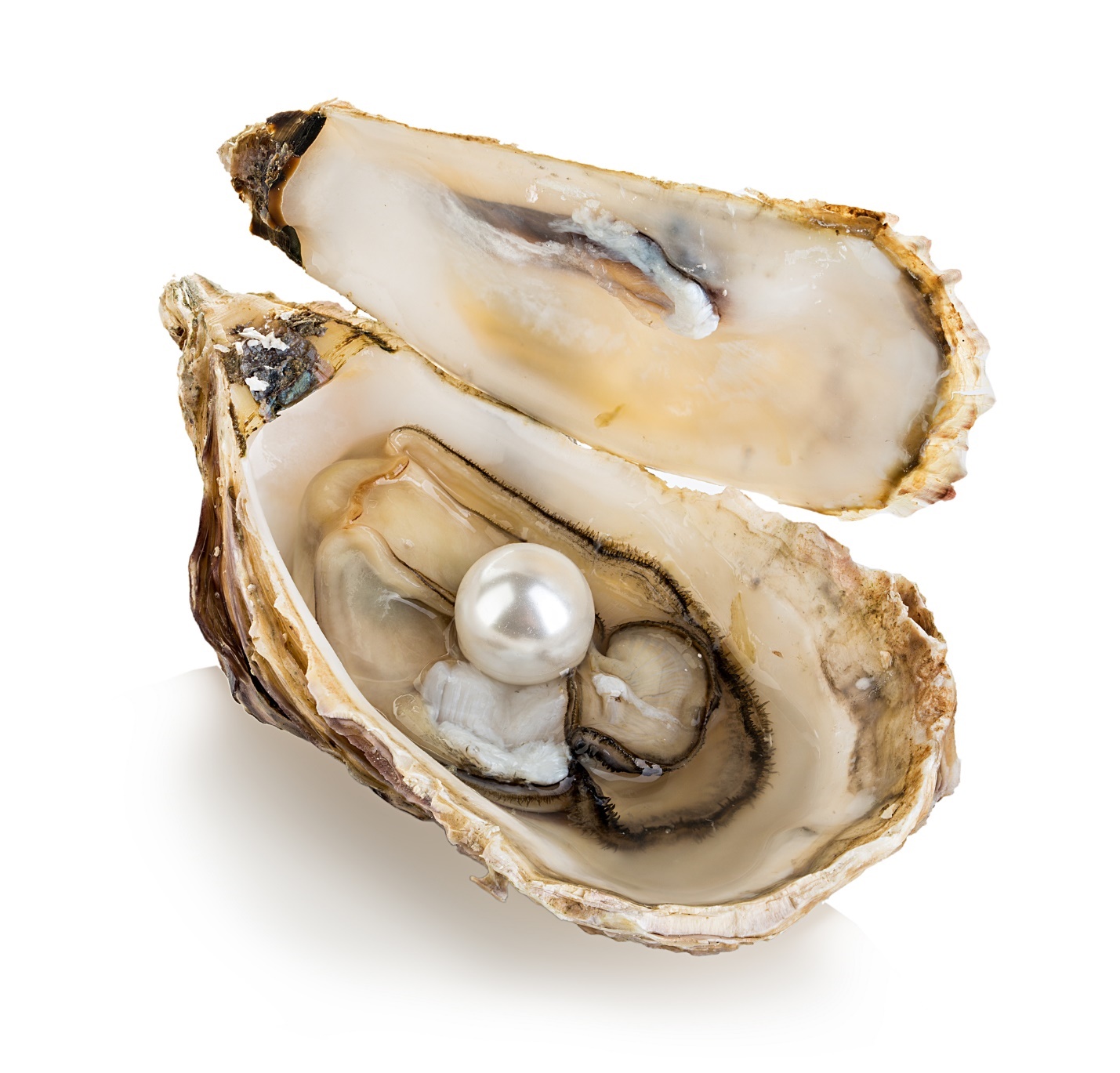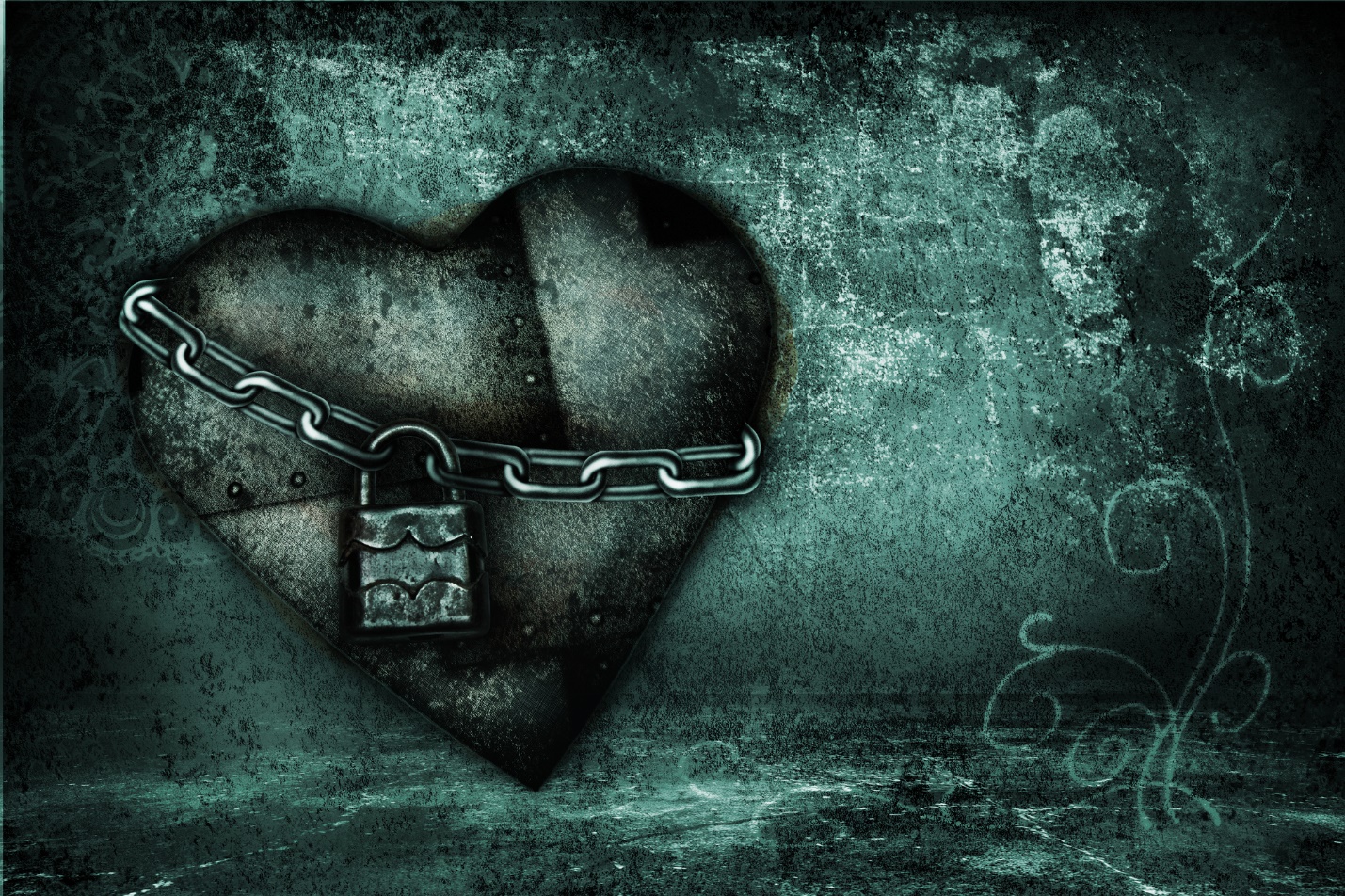BP97

In my decades of work as a clinical psychologist there are unhealthy attributes I daily encounter in people that indicate a less promising treatment outcome unless that attribute is replaced by something healthier. One of those attributes is defensiveness. Another one is rigid cognitions otherwise known as stubbornness. Yet another is splitting where the individual sees things as black and white, good or bad, ‘A’ or ‘F’.
Sometimes, if these unhealthy attributes are entrenched deeply enough and incorrigibly established, a psychologist will diagnose them as features of a personality disorder. A PD is diagnosed when a person exhibits a fixed and unhealthy pattern of behaving and thinking that leads to unhealthy interactions with other people around them. People struggling with a full-blown PD or several features of a PD can be experienced as paranoid, defensive, blaming, reactive even to small irritants, personalizing, characterized by sudden swings in mood, controlling, rigid, obsessive, and perfectionistic, to name a few.
I see a personality disorder like an oyster, sort of. When an irritant like a piece of food (more rarely a grain of sand) becomes trapped in the mollusk, the oyster (mussel or clam) senses the foreign object and coats it with materials such as aragonite and conchiolin. One jeweler website describes the oyster’s behavior in this way: As a defense mechanism, the mollusk secretes a fluid to coat the irritant. Layer upon layer of this coating is deposited on the irritant until a lustrous pearl is formed ~ J. Thomas Jeweler
I find it very interesting that this jewelry site describes the oyster’s secretion of the protective fluid as a defense mechanism. Sounds like what a psychologist might say if an irritant crosses the boundaries of a human soul.
My point with the oyster metaphor is that just as a mollusk responds to an outside irritant by defending against its presence with protective secretions that harden into a pearl, so humans defend against external irritants by protecting themselves with secretions that harden. Men or women might similarly cover the irritant that penetrated their hearts with a hardening material. However, humans might also harden their hearts with a protective wall when an outside insult or abuse penetrates their body or soul.
Dissimilar to an oyster, secreting a fluid to encase the irritant or building a defensive wall to protect their hearts does not produce a lustrous pearl in humans. Instead, it produces something very unhealthy.
Once again, we encounter the truth that what happens to us in this fallen world is hugely significant but not as important as how we cope with those things.
Jesus and His word speak to the importance of responding well to the irritants that invade our personal space and get past our protective shells. As we have often discussed here at Designer Therapy for Life, Jesus encourages us to move toward others when we have been sinned against or perceive such an offense. He does not tell us to cover the offense up with a hard material like denial or suppression and leads to later Leakage. Neither does He command us to move against the other person with the Volcano reaction of rage and violence.

If an irritant enters your personal space, e.g., a person who wrongs you with unmerited irritation or road rage or slander or disrespect or unfairly hiring someone other than you for a job, what would Jesus say is a healthy psycho-spiritual-relational response?
I believe that heavenly wisdom would first counsel you to decide if the event requires a confrontation. In other words, choose your battles. Not every wrong demands an immediate reckoning or any reckoning at all from you. Wisdom is knowing which battles to fight and which ones to walk away from. Wisdom is also knowing that if you choose engagement with the offender to not move against them with volcanic rage but to move toward them with an even temperament (angry but under control, not in a spirit of vengeance, and seeking resolution through your rational mind instead of reacting from your emotional mind).
As mentioned above, the other extreme besides the Volcano is to move away from a healthy confrontation that needs to occur. While you may not call out the teenager who daily walks over your manicured lawn but instead view it as a reminder to pray for his heart, you may very well need to go speak with your sister in Christ who is offended that you did not invite her to your wedding.
Passivity is probably as destructive as a volcanic reaction. How can this be true? The main reason is that if you feel angry, hurt, offended, rejected, or abandoned by someone who violates your space or crosses your boundaries and you choose to do nothing because you fear conflict or anger, somewhere inside you will respond to that irritant by covering it with some type of secretion just like the oyster with the grain of sand.
Over time, that unaddressed irritant will not, like the grain of sand in the oyster, eventually become a pearl. No, it will become something far less beautiful. It will manifest itself in Leakage. The Leakage might show up in an emotional form such as irritation, depression, anxiety, projection, displacement onto others like spouse or children, or passive aggressive avoidance of the offender.

It might leak out physically through headaches, acid reflux, high blood pressure, or eventually in more rare things like connective tissue disease or cancer. As always, we need to remember that not all physical ailments are caused by spiritual/psychological issues. After all, our physical bodies enter this world with a propensity to decay simply due to mortality or due to hereditary factors. But that doesn’t mean that we ignore the truth that some physical issues are caused or exacerbated by irritants we do not address directly but tamp down within our souls.
So, what does Jesus and His word say to us about how to process irritants? He says:
- A soft answer turns away wrath, but a harsh word stirs up anger ~ Proverbs 15:1
- Let every person be quick to hear, slow to speak, slow to anger ~ James 1:19
- Repay no one evil for evil but give thought to do what is honorable in the sight of all. If possible, so far as it depends on you, live peaceably with all . . . Do not be overcome by evil, but overcome evil with good ~ Romans 12
- Blessed are the peacemakers [not the passive peacekeepers who never engage in conflict], for they shall be called sons of God ~ Matthew 5:9
- Pay attention to yourselves! If your brother sins, rebuke him, and if he repents, forgive him ~ Luke 17:3
- Be angry and do not sin do not let the sun go down on your anger ~ Ephesians 4:26
- Let all bitterness and wrath and anger and clamor and slander be put away from you, along with malice ~ Ephesians 4:31
- If your brother sins against you, go and tell him his fault, between you and him alone. If he listens to you, you have gained your brother ~ Matthew 18:15
- Good sense makes one slow to anger, and it is his glory to overlook an offense ~ Proverbs 19:11
- So, if you are offering your gift at the altar and there remember that your brother has something against you, leave your gift there before the altar and go. First be reconciled to your brother, and then come and offer your gift ~ Matthew 5:23-24
Summarizing these Scriptural instructions, it seems clear that we are not to hide our anger which can then lead to bitterness, or resort to slander, or to stir up anger, or to speak impulsively out of our emotions, or to be peacekeepers. However, it does seem clear that we are to move toward others with healthy anger, honest confrontation, good sense, and godly assertiveness.

Pray for wisdom about when you need to confront someone. Discern what battles to fight. Fight some battles simply because if you don’t, you will swallow the irritant and attempt to cover it up in a way that will only lead to future Leakage or sudden Volcanos of anger. Fight other battles because you know that your brother or sister is wounded or offended but is not choosing to move toward you. A growing rift will occur if you do not initiate resolution.
Be aware that you are not responsible for the other person’s choices around conflict. If you move toward them and they refuse to engage with you in healthy discussion but rather ignore you, become irrational with you, blame you, gossip about you–those choices are on them, not on you.
It is one thing to be a peacemaker who does your part to communicate and seek resolution. It is an entirely different matter to be a peacekeeper who feels responsible for the other person’s reactions and responds with caretaking and walking on eggshells.
Some of you reading this blog post may need to deal with features of personality disorders that shape your interpretation of and reactions to the world around you. If you often find yourself offended, defensive, angry, hurt, bitter, believing that you are always right and others are always wrong, isolated, and highly guarded, or insisting that others do things the way you want them to, be open to the Holy Spirit’s guidance to examine your soul for entrenched perceptions and reactions.
It is possible that when you were a child, two things happened. First, you were deeply hurt by something that somebody did or by something they didn’t do. Secondly, you were alone with that hurt, and it festered within you like an infected wound that never healed but only grew more intense as you rehearsed it over and over in the isolation of your mind.
Yes, beware of ruminating, memorizing, rehearsing, and unforgiveness. Molehills will become mountains. Anger will become rage. Hurt will become contempt. Fear will lead to eternal exile in your oyster shell.

In short, don’t be an oyster. Irritants will become stuck inside your shell, and they will morph into faulty defenses made of iron and your heart will become hardened by a selfish protective wall. Satan wants you to run and hide and shut others and God out. He tempts you toward shutting yourself away in an impenetrable shell.
No, don’t be an oyster. Don’t hide and bury secrets in the basement of your soul. Be seen. Be known. Confess your sins. Ask for help carrying your burdens. Let God and others see your anger and counsel you through it. Those who love you will empathize with your pain, and they will then pray to the Holy Spirit to help you examine your coping skills and defenses and sins and bring them all to your loving Savior.
Remember, God is the one who turns your heart from stone to flesh.

Let all bitterness and wrath and anger and clamor and slander be put away from you, along with all malice. Be kind to one another, tenderhearted, forgiving one another, as God in Christ forgave you ~ Ephesians 4:32
Put on then, as God’s chosen ones, holy and beloved, compassionate hearts, kindness, humility, meekness, and patience, bearing with one another and, if one has a complaint against another, forgiving each other; as the Lord has forgiven you, so you also must forgive. And above all these put on love, which binds everything together in perfect harmony ~ Colossians 3:12-14
